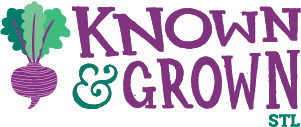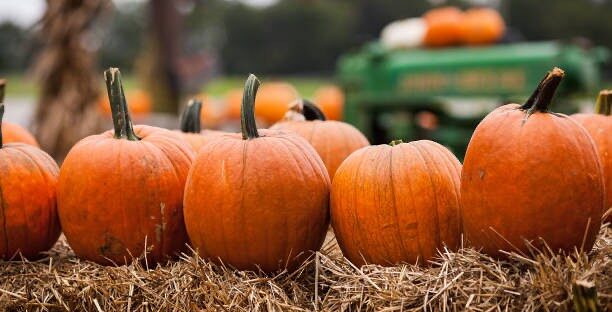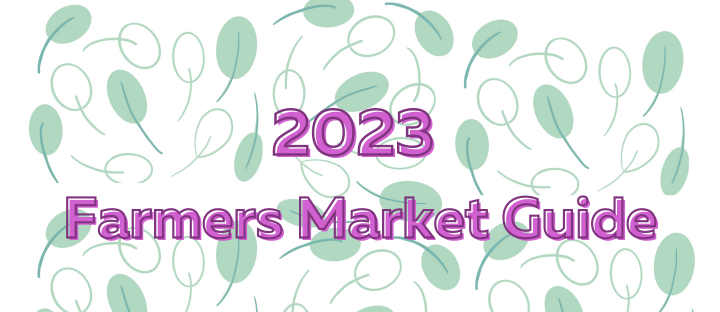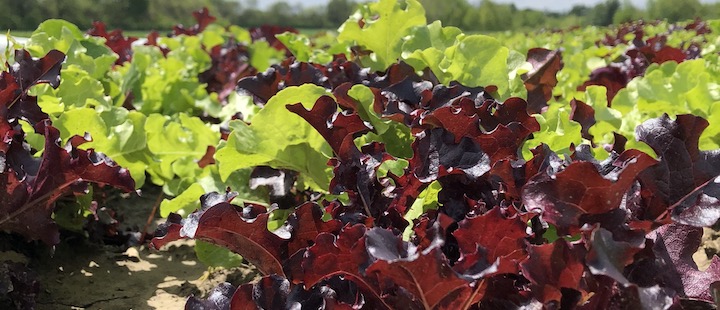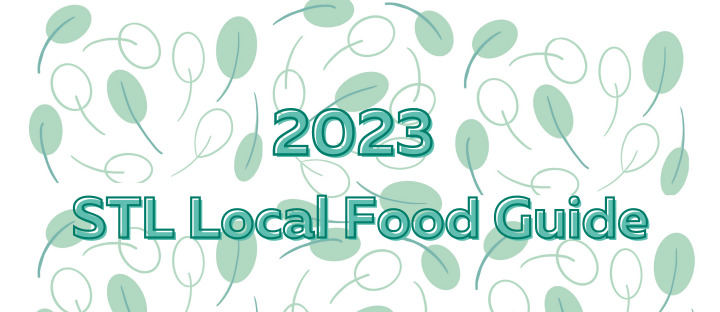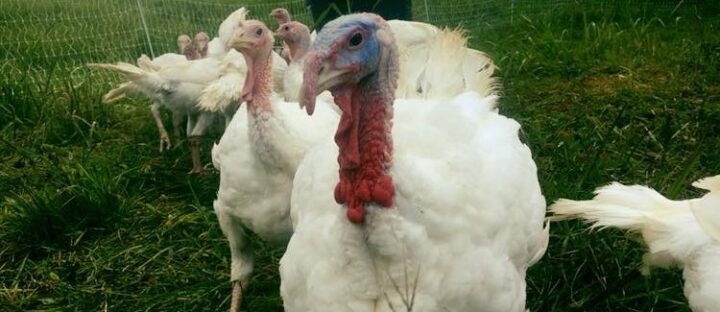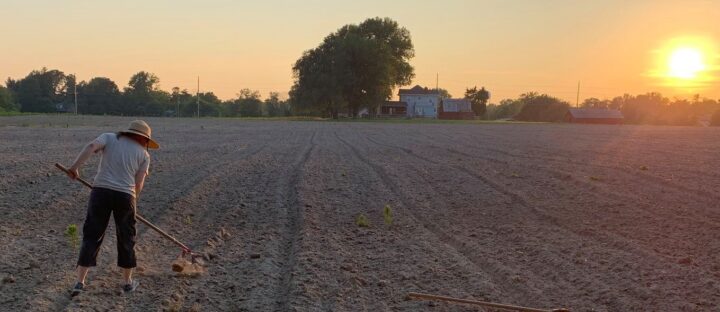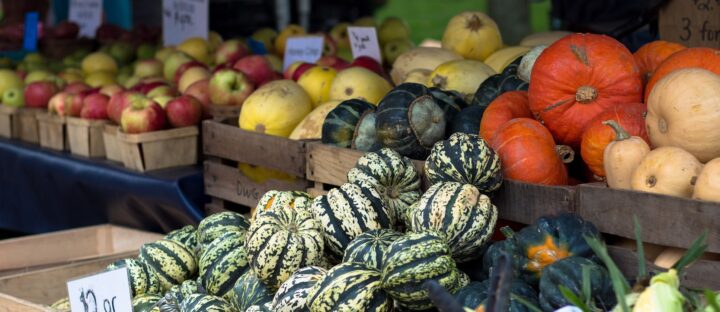Did you know over a billion pounds of pumpkins end up in landfills every year following Halloween? That’s a scary statistic! Organic waste in landfills do not break down properly and create excess methane, a greenhouse gas that contributes to climate change. Here are 5 ways to keep your pumpkins out of landfills: 1. Compost…
Read More2023 Farmers Market Guide
Farmers market season is upon us! Check out all the great markets in the greater St Louis region that support Known & Grown farmers! So break out your reusable shopping and produce bags and head to your nearest market. Many farmers markets have already opened in April while others will be opening soon in May….
Read MoreLocal Food Locator
We have a newly updated, interactive map to help you find products from Known & Grown farmers. Use your zip code to find farms near you, what products they offer, and where to find their products in grocery stores, at farmers markets, and at local restaurants. Our Community Outreach Coordinator, Nicki Morgan spoke with Blair…
Read More2023 Local Food Guide
Did you know? We have some amazing restaurants, grocery stores, caterers and other food businesses that purchase products from Known & Grown Farmers to stock their shelves and create their menus.
Read MoreGuide to Better Labels
Understanding food labels can be tricky. And they don’t always mean what we think they do. Taking some time to learn more about the labels being put on our food will help us make more-informed choices when shopping. Learn more about common labels such as Known & Grown STL, Animal Welfare Approved, Certified Humane, Pasture-Raised,…
Read MoreGuide to Greenwashing
Understand labels can be tricky, and many use common words that can be misleading. Greenwashing is when a company uses your assumptions around common words to convey the idea of “green” or environmentally-friendly practices. While some labeling is defined and regulated by the USDA, many labels are meaningless.
Read MoreFlipping the Bird
If you eat meat, there’s a good chance that what you buy comes from a Concentrated Animal Feeding Operation — also known as a Factory Farm. Factory farmed animals are packed nose-to-tail in cramped quarters, pumped full of antibiotics to keep them alive, denied access to the food they evolved to eat, and, as is the case…
Read MoreHungry for Change?
Building a Better Food System: A Guide The way our food is grown, raised, and sent to market exploits workers up and down the food chain. Farmhands are exposed to toxic chemicals, meat packing workers are exposed to dangerous conditions (especially during the pandemic), residents who live near factory farms have worsened air and water quality, and those…
Read MoreWhy We Choose Locally Produced Food in a Global Food System
What we choose to eat is no longer seen as neutral. What we choose to eat is no longer seen as neutral. In recent years, our food purchasing and consumption habits have increasingly been characterized as decisions that carry moral ramifications. Consumers are increasingly focused on knowing who produces our food, were they fairly compensated,…
Read More